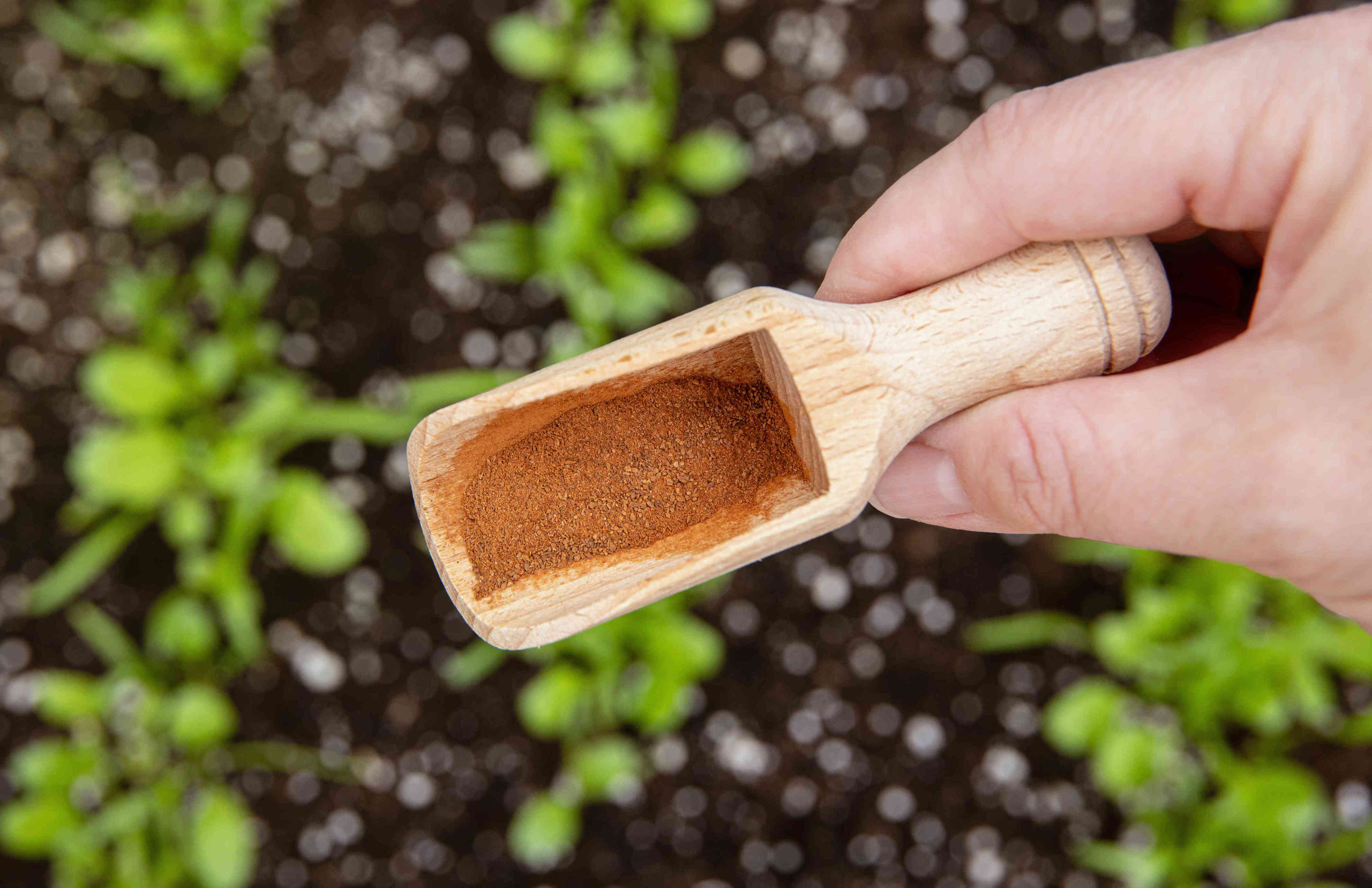6 Surprising Ways To Use Cinnamon In Your Garden

Key Takeaways
- Sprinkle ground cinnamon around plants to naturally repel pests like ants, earwigs, and even curious squirrels or rabbits.
- Use a diluted cinnamon spray to fight fungal diseases such as gray mold and tomato blight, and help protect young seedlings from damping off.
- Dip plant cuttings in cinnamon to ward off bacteria and fungus, giving them a healthier start when rooting.
Cinnamon is so much more than an aromatic spice for your favorite baking recipes . Like many spices, cinnamon contains compounds that are anti-inflammatory, anti-microbial, and antifungal. Cinnamon is also an antioxidant. Turns out the benefits of cinnamon don't just apply to humans, either, because cinnamon has many uses in the garden.
Read on for five surprising ways you can use cinnamon to benefit your garden, from repelling pests to fighting plant diseases.
Repel Insects
The essential oil of cinnamon can be used as an insecticide on pests like mosquito larvae and thrips. While the powder won't kill pests, many gardeners use it to repel them. Sprinkle cinnamon on the soil around your plants to discourage ants , earwigs, and other crawling pests from feeding on them. If you have a serious infestation of spider mites or aphids, you can use an insecticidal soap or oil that contains cinnamon oil along with other ingredients. Be careful to avoid spraying plants with oils during hot, sunny weather.
Deter Rodents
Cinnamon can be an irritant to sensitive noses. Some natural repellents on the market actually contain cinnamon essential oil along with other ingredients. If you have a squirrel or rabbit problem , try sprinkling a ring of cinnamon around your tastiest plants or spraying the foliage. If you want to make your own spray with essential oil, you must dilute it first to avoid harming your plants. Start with adding a few drops to a quart of water and test it out on a couple of leaves. Animals can get used to repellants, so try switching them up every couple of weeks.
Treat Fungal Infections
Cinnamon is a proven antifungal agent for common problems like gray mold on your strawberries and early tomato blight. You can treat plants by spraying them with cinnamon diluted in water. Add 2 tablespoons of cinnamon per gallon or 1 teaspoon to a 16-ounce spray bottle. Allow the solution to steep, then shake and spray all foliage and stems.
Protect Seedlings
Because of cinnamon's antifungal properties, many gardeners use it to prevent damping off in seedlings. Caused by several fungi, damping off is when new seedlings suddenly wither away and die. While we don't know exactly how effective cinnamon powder is, you can try mixing a little cinnamon into the seed-starting mix or sprinkling it on the soil surface. Watering will allow the cinnamon to seep into the soil.
Root Cuttings
While cinnamon is not a rooting hormone, its anti-microbial properties can be helpful when rooting new cuttings from perennials or houseplants. To discourage fungal and bacterial infections, dip the cut ends of stems into cinnamon before planting.
Kill Weeds
Many all-natural, commercial herbicides use essential oils to burn down weeds. You can do the same with cinnamon essential oil, though buying a weed-killing product at the store is probably more cost-effective. Oil-based herbicides work best on small weeds and may not kill their roots.
Read the original article on Southern Living
Post a Comment